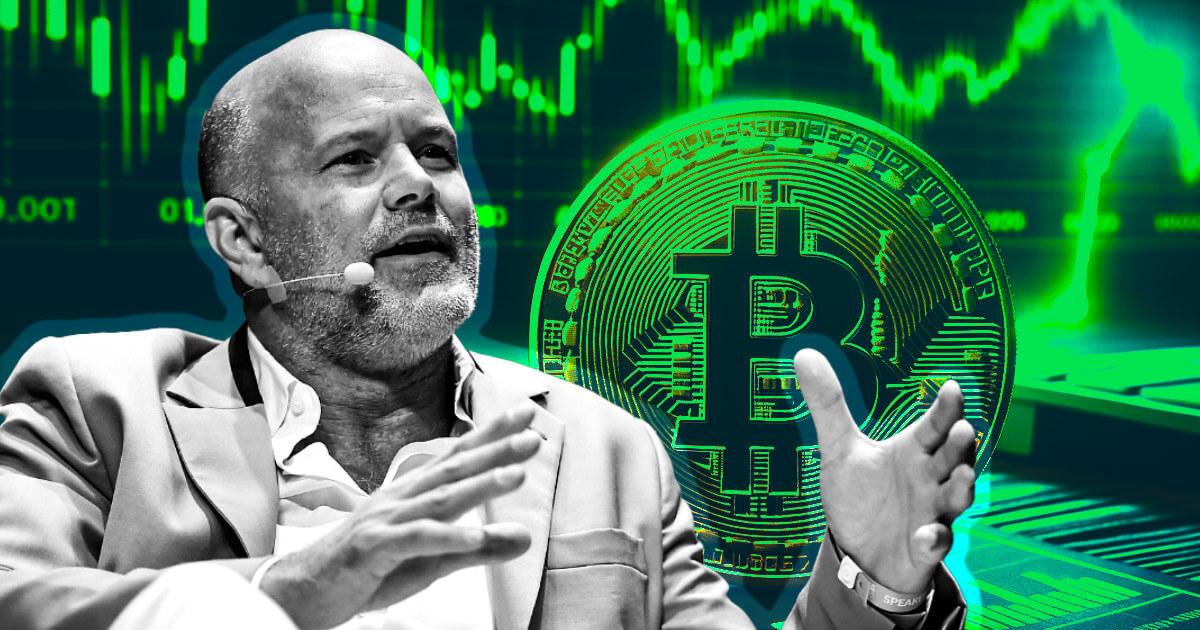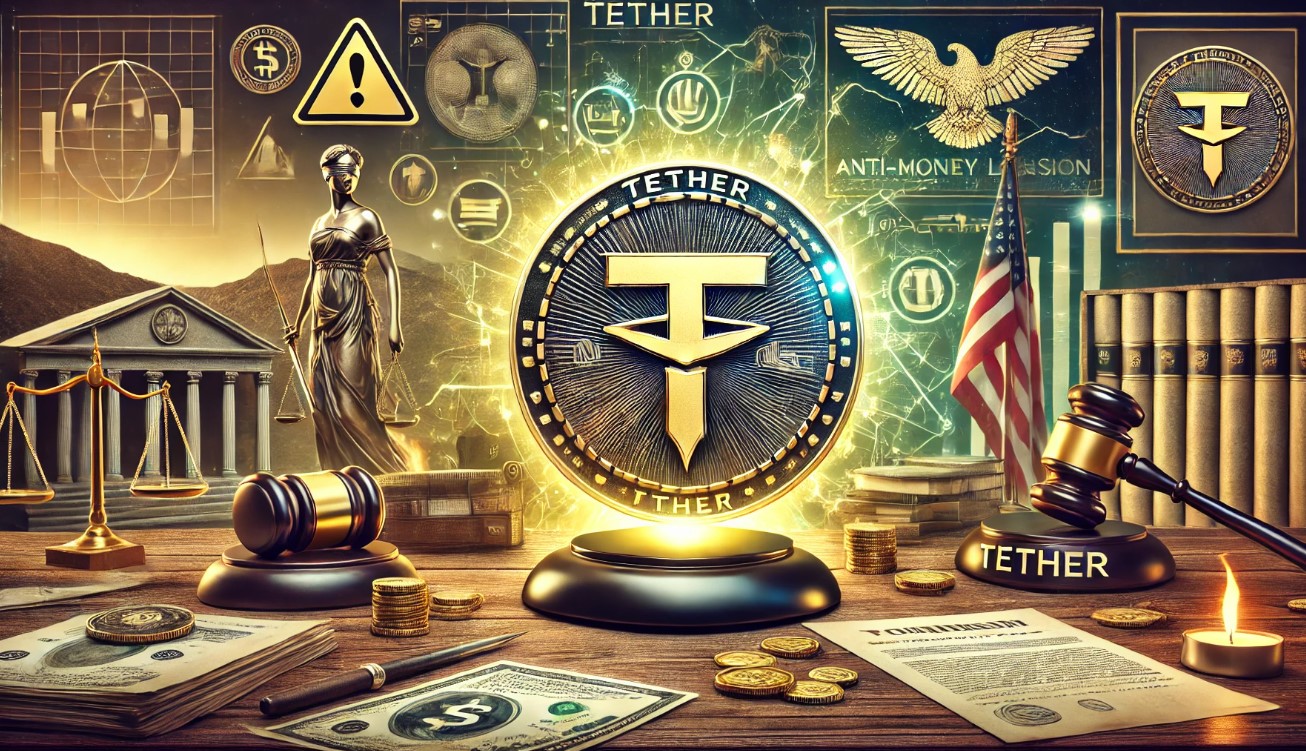In recent Ripple News, the company’s co-founder, Chris Larsen, made headlines by donating $1 million in XRP tokens to a the Future Forward USA Political Action Committee (PAC) supporting Vice President Kamala Harris. With Ripple's ongoing battle against the U.S. Securities and Exchange Commission (SEC), the timing and recipient of this donation have raised questions. Could Ripple’s political engagement be a strategic maneuver to gain leverage or influence in its legal fight? This article will explore the implications of this donation, its ties to the Democratic Party, and whether it could serve Ripple’s interests in the regulatory arena.
Ripple’s $1 Million Donation to Kamala Harris: A Political Move?
The recent $1 million donation by Chris Larsen, Ripple’s co-founder, to a PAC supporting Kamala Harris has sparked widespread speculation. Harris, the current Vice President of the United States, represents a key figure within the Democratic Party, which currently holds the presidency and has significant influence over regulatory agencies, including the SEC. Given Ripple’s ongoing legal battle with the SEC, some observers view this donation as more than just a political contribution — it could be a calculated move to build relationships with policymakers who may shape the future regulatory environment for cryptocurrencies.
Ripple’s Battle with the SEC
Ripple has been embroiled in a legal battle with the SEC since December 2020, when the regulatory body filed a lawsuit claiming that Ripple’s XRP token is a security and should have been registered as such. The lawsuit has been a major hurdle for Ripple, creating uncertainty around the regulatory status of XRP and its broader implications for the cryptocurrency industry.
At the center of this legal clash is SEC Chair Gary Gensler, appointed by President Joe Biden, a leading figure in the Democratic Party. Gensler has taken a strict regulatory stance on cryptocurrencies, and Ripple’s legal team has repeatedly argued that the SEC’s approach lacks clarity and hinders innovation.
Ties to the Democratic Party: Strategic Engagement?
Gary Gensler’s deep ties to the Democratic Party, having served in key roles under both the Clinton and Obama administrations, have prompted speculation that Ripple’s support for Democratic politicians may be part of a broader strategy. By aligning with key Democratic figures like Kamala Harris, Ripple could be looking to build political influence in an attempt to sway future regulatory decisions. While donations do not directly impact legal outcomes, building relationships with policymakers could open doors for dialogue and advocacy for clearer, more crypto-friendly regulations.
Could Ripple’s Donation Be a Political Maneuver?
Many industry insiders believe Ripple’s donation to Kamala Harris is a strategic political maneuver designed to influence the ongoing regulatory conversation. While Harris herself is not directly involved in the SEC or its actions, supporting a high-profile Democratic candidate could help Ripple create goodwill within the party and potentially soften regulatory positions. It could also allow Ripple to position itself as an advocate for innovation and balanced regulation, pushing back against the more aggressive enforcement approach taken by Gary Gensler’s SEC.
What Could This Mean for Ripple and the Crypto Industry?
If Ripple’s political engagement proves successful, it could have far-reaching implications not only for Ripple but for the broader cryptocurrency industry. The company has long argued that regulatory uncertainty in the U.S. is detrimental to innovation, and clearer regulations could pave the way for broader adoption of blockchain technology. By strategically supporting pro-crypto candidates, Ripple might be hoping to influence the regulatory landscape in a way that benefits both XRP and the wider crypto ecosystem.
Ripple News is not just about donations or legal battles — it’s about the intersection of finance, technology, and politics. Chris Larsen’s $1 million donation to Kamala Harris signals more than just political support; it could be a calculated move to gain leverage in Ripple’s ongoing fight with the SEC. As Ripple continues its battle, the role of political influence and regulatory clarity will be pivotal in shaping the future of cryptocurrencies in the U.S.

















 English (US) ·
English (US) ·